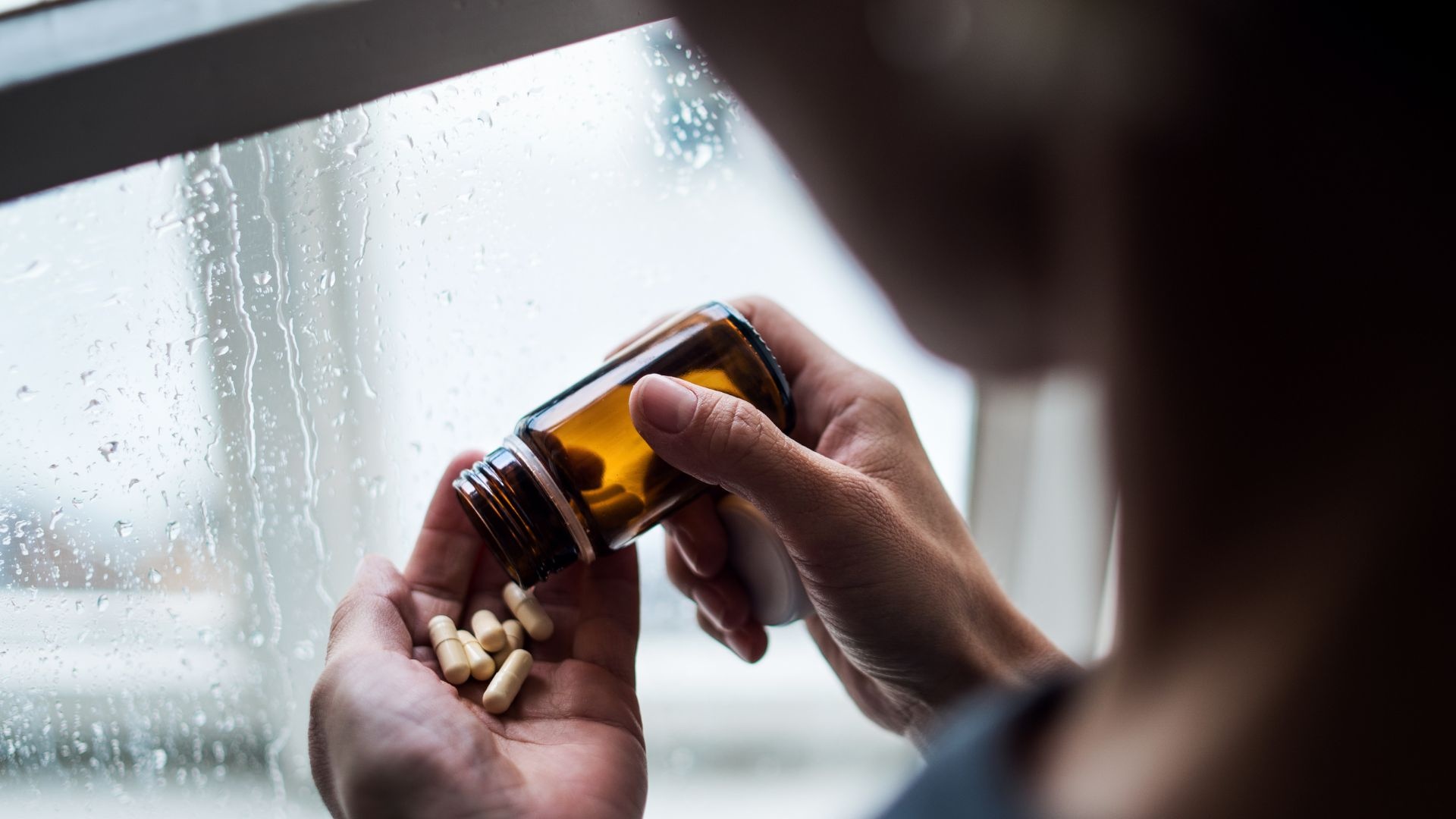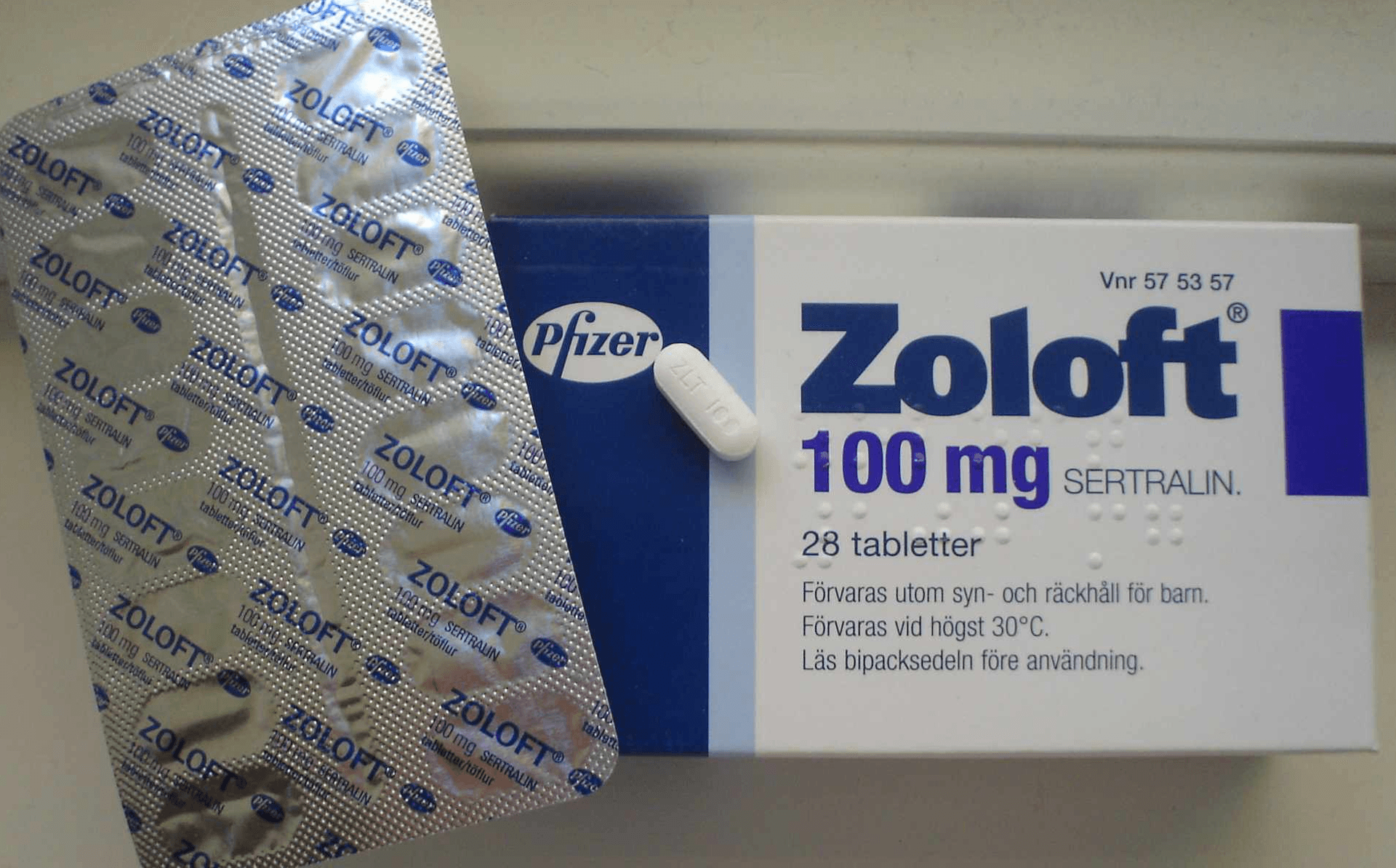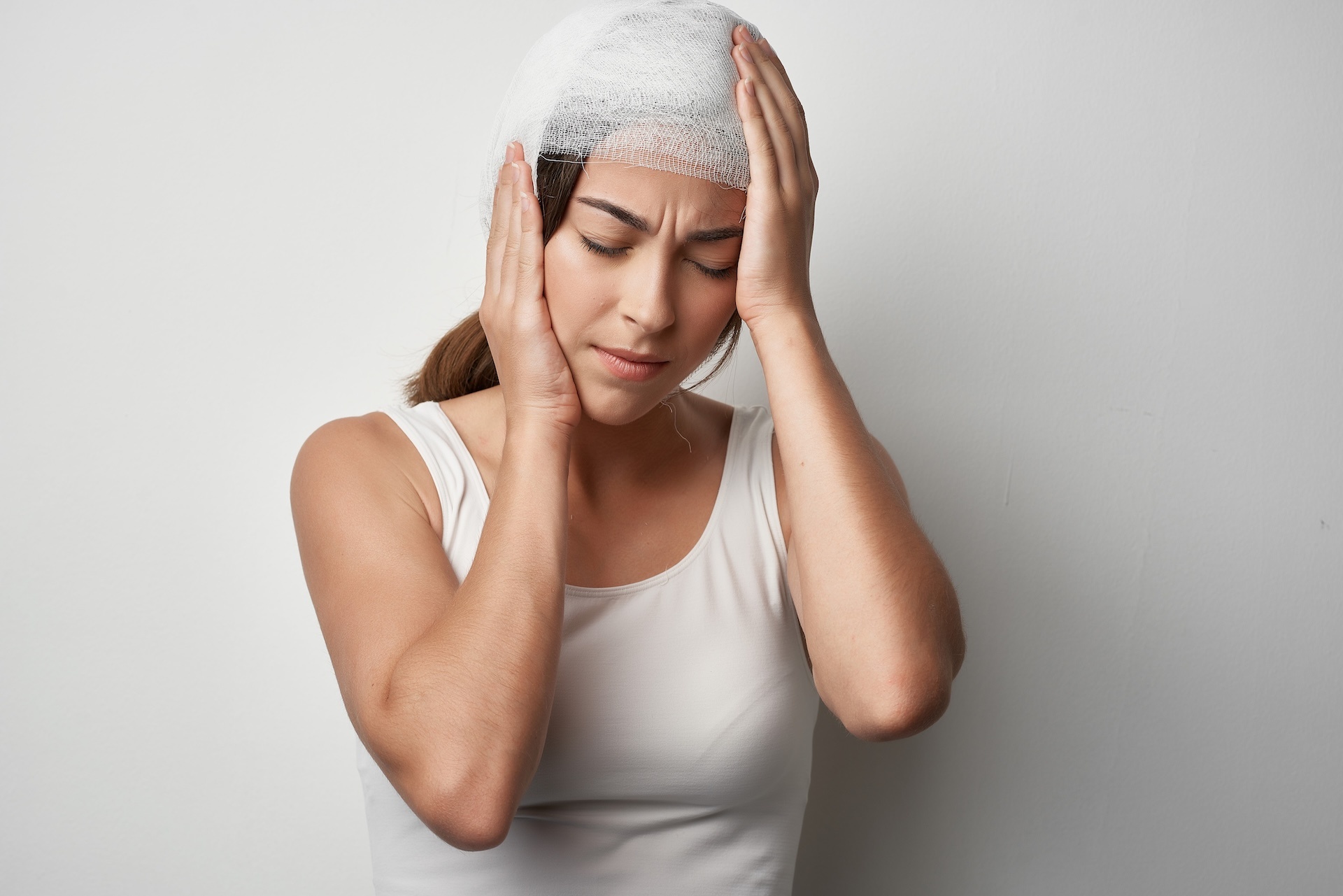Zoloft for Generalized Anxiety Disorder


Wondering if Zoloft helps with anxiety? Learn how effective Zoloft is for generalized anxiety disorder, including benefits, side effects, and what to expect.
Generalized Anxiety Disorder (GAD) can feel overwhelming—constant worry, racing thoughts, and physical tension that disrupt your daily life. If you or someone you love is struggling, you're not alone.
At The Forge Recovery Center, we understand how deeply anxiety can affect your mental health and overall well-being. One common treatment option is Zoloft, a widely prescribed SSRI. But how effective is Zoloft for Generalized Anxiety Disorder, and is it right for you? In this article, we will explore how Zoloft works, its effectiveness, side effects, and what to expect during treatment.
Understanding Zoloft (Sertraline)
Zoloft, the brand name for sertraline, is a type of antidepressant known as a Selective Serotonin Reuptake Inhibitor, or SSRI. SSRIs are commonly prescribed to treat a variety of mental health conditions, including depression, panic disorder, and generalized anxiety disorder (GAD). If you've been prescribed Zoloft for anxiety, you're not alone—it's one of the most widely used medications in its class.
But what exactly does it do?
Zoloft works by targeting serotonin, a neurotransmitter that helps regulate mood, sleep, and stress response. In people with GAD, serotonin activity is often unbalanced. Zoloft helps by blocking the reabsorption (or “reuptake”) of serotonin in the brain, allowing more of it to remain available in the synaptic space between neurons. This increased serotonin availability supports better communication between brain cells, which can help reduce excessive worry, calm anxious thoughts, and improve emotional stability over time.
While it doesn’t work instantly, many individuals begin to feel noticeable relief from anxiety symptoms within a few weeks. It's not a cure, but for many, Zoloft becomes a reliable part of a larger, personalized treatment plan—especially when paired with therapy and supportive care like that offered at The Forge Recovery Center.
Efficacy of Zoloft in Treating GAD

When it comes to treating Generalized Anxiety Disorder, Zoloft (sertraline) has proven to be an effective option for many. In a notable 12-week clinical study published in the American Journal of Psychiatry, patients with GAD who took sertraline experienced significant reductions in anxiety symptoms compared to those given a placebo. This study helped establish Zoloft as a reliable treatment for managing the persistent and often debilitating worry associated with GAD.
But clinical trials only tell part of the story. Real-world feedback supports these findings as well. On Drugs.com, Zoloft has earned an average rating of 7.7 out of 10 from individuals using it specifically for generalized anxiety disorder. Notably, 71% of reviewers reported a positive experience—often citing relief from chronic worry, reduced physical symptoms of anxiety, and improved daily functioning.
It’s important to know that Zoloft doesn’t deliver instant results. Most people begin noticing improvements within 2 to 4 weeks, though it can take up to 6 to 8 weeks to feel the full effects. During that time, some may experience a temporary increase in anxiety as their body adjusts to the medication. This is normal—but also why support and monitoring, like what we offer at The Forge Recovery Center, are critical during the early stages of treatment.
Ultimately, while Zoloft may not work for everyone, it has helped many individuals regain control over their anxiety and reclaim a sense of normalcy in their lives.
Are You Struggling with Mental Health or Addiction?
We Can Help. Call Us Now!
CALL: 877-839-1772
Dosage and Administration
When starting Zoloft for generalized anxiety disorder, most healthcare providers recommend a low initial dose to minimize side effects and allow the body to adjust. The typical starting dosage for adults is 25 mg to 50 mg once daily, usually taken in the morning or evening with or without food. Depending on how your body responds, your doctor may gradually increase the dose—often in 25 mg increments—up to a maximum of 200 mg per day.
Finding the right dosage isn’t a one-size-fits-all process. Some individuals respond well to lower doses, while others may need a higher amount to experience relief. That’s why it’s essential to work closely with a healthcare provider who can tailor your dosage based on your specific symptoms, response, and any side effects you may experience.
At The Forge Recovery Center, we emphasize the importance of medication monitoring as part of a personalized treatment plan. Never adjust your dosage or stop taking Zoloft on your own—even if you start feeling better. Doing so can lead to withdrawal symptoms or a return of anxiety. Your healthcare provider will guide you through any changes gradually and safely, ensuring the best possible outcome in your recovery journey.
Potential Side Effects and Considerations

While Zoloft (sertraline) is effective for many people with generalized anxiety disorder, it’s important to understand the potential side effects and safety considerations before starting treatment. Knowing what to expect can help you manage any challenges and stay on track with your recovery.
Common Side Effects
Many people tolerate Zoloft well, but like all medications, it can cause side effects—especially during the first few weeks of use. Some of the most common include:
Nausea
Headache
Sexual dysfunction (such as reduced libido or difficulty reaching orgasm)
Insomnia or changes in sleep patterns
These side effects are often temporary and may subside as your body adjusts to the medication. If they persist or interfere with your daily life, talk to your healthcare provider. There are often ways to manage or reduce them, including adjusting your dosage or the timing of when you take the medication.
Initial Anxiety Spike
A unique challenge with SSRIs like Zoloft is that some people experience a temporary increase in anxiety during the first one to two weeks of treatment. This can feel discouraging, especially when you're taking the medication to relieve anxiety in the first place. But this early spike is typically short-lived and is caused by your brain adjusting to changes in serotonin levels.
How to manage it:
Stick with your prescribed dose—don’t skip or increase it on your own.
Stay in regular contact with your healthcare provider during the early weeks.
Practice grounding techniques or relaxation strategies recommended by your therapist.
Use support systems, like counseling or group therapy, which we offer at The Forge Recovery Center to help you through this adjustment phase.
Drug Interactions and Safety Warnings
Zoloft can interact with several other medications and substances, which is why full transparency with your healthcare provider is critical.
Key interactions to be aware of:
MAOIs (Monoamine Oxidase Inhibitors): Combining these with Zoloft can cause dangerous reactions, including serotonin syndrome. There must be at least a 14-day gap between stopping an MAOI and starting Zoloft.
Blood thinners (like warfarin): Zoloft can increase the risk of bleeding, especially when taken with anticoagulants.
NSAIDs (such as ibuprofen or aspirin): These can also raise the risk of bleeding when used alongside Zoloft.
Always inform your provider of any prescription drugs, over-the-counter medications, or supplements you're taking—even herbal remedies. At The Forge Recovery Center, medication management is part of our integrated treatment approach to ensure your safety and long-term success.
While side effects and risks exist, they are manageable when you're under the care of a qualified professional. With proper support and monitoring, Zoloft can be a safe and effective part of your journey toward lasting relief from anxiety.
Are You Struggling with Mental Health or Addiction?
We Can Help. Call Us Now!
CALL: 877-839-1772
Comparing Zoloft with Other GAD Treatments

Zoloft is a commonly prescribed SSRI for Generalized Anxiety Disorder, but it’s not the only option. Depending on your symptoms, medical history, and how your body responds, other medications may be considered. Here’s a brief look at how Zoloft compares to other popular treatments for GAD.
Alternative SSRIs and SNRIs
SSRIs (Selective Serotonin Reuptake Inhibitors):
Lexapro (escitalopram): Often considered the gold standard for GAD, Lexapro has strong evidence supporting its effectiveness and tends to be well-tolerated.
Paxil (paroxetine): Effective but known for more intense side effects, such as weight gain and sexual dysfunction.
Prozac (fluoxetine): Used more commonly for depression and OCD but sometimes prescribed for anxiety, especially when depression is also present.
SNRIs (Serotonin-Norepinephrine Reuptake Inhibitors):
Effexor XR (venlafaxine): Known for its potency in treating anxiety, but it may cause withdrawal symptoms if stopped abruptly.
Cymbalta (duloxetine): Often used when anxiety coexists with chronic pain or fatigue, as it targets both serotonin and norepinephrine.
How Zoloft Compares
Efficacy:
Zoloft is effective in reducing symptoms of GAD, though some studies suggest Lexapro may have a slight edge in terms of speed and strength of symptom relief. That said, every person responds differently—what works quickly for one person might take longer for another.
Side Effects:
Zoloft is generally well-tolerated, but nausea and sexual side effects are fairly common. Lexapro is often reported to have fewer side effects, while medications like Effexor XR may cause more intense withdrawal if missed or stopped.
Patient Tolerability:
Many individuals stick with Zoloft long term due to its balance of effectiveness and manageable side effects. It's also widely prescribed because of its flexibility in dosing and its long track record of use.
At The Forge Recovery Center, we recognize that medication isn’t one-size-fits-all. Our approach includes careful evaluation and ongoing support to ensure you’re on the treatment path that works best for your mind, body, and recovery goals. Whether Zoloft or another medication is the right fit, we’re here to help guide that decision with clinical insight and compassion.
Battling Anxiety Daily? Let’s Find a Better Way Together
If generalized anxiety disorder is disrupting your life, Zoloft may be a helpful step toward relief. While it isn’t a cure-all, it’s backed by research and patient experience as an effective treatment option for many. At The Forge Recovery Center, we go beyond medication—offering personalized, compassionate care that addresses the full picture of your mental health. Whether you're exploring Zoloft or seeking a more comprehensive approach, we’re here to help you or your loved one build a path to lasting recovery and peace of mind. You don’t have to face anxiety alone—reach out today.
Are You Struggling with Mental Health or Addiction?
We Can Help. Call Us Now!
CALL: 877-839-1772





